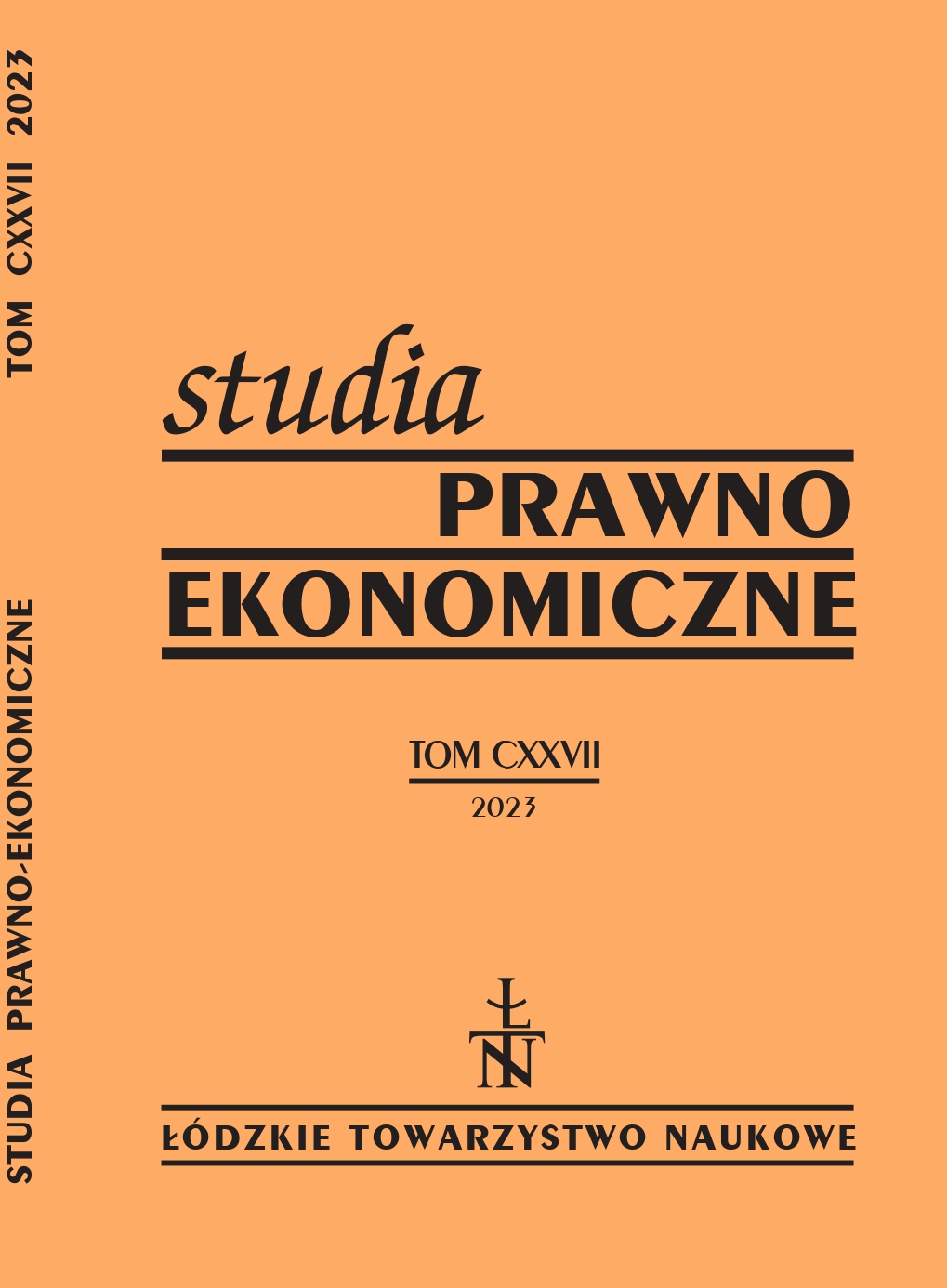GENDER AND ENTREPRENEURSHIP AMONGST REFUGEE WOMEN ENTREPRENEURS IN GLASGOW, SCOTLAND
GENDER AND ENTREPRENEURSHIP AMONGST REFUGEE WOMEN ENTREPRENEURS IN GLASGOW, SCOTLAND
Author(s): Chanel Bikorimana, Dina Modestus NzikuSubject(s): Gender Studies, Business Economy / Management
Published by: Łódzkie Towarzystwo Naukowe
Keywords: gender; entrepreneurship; motivation; refugee women; challenges; Glasgow; Scotland;
Summary/Abstract: Background: Entrepreneurship studies reveal that despite significant progress made by women entrepreneurs, the gender gap in entrepreneurship is unlikely to be closed. It continues to be observed in both developed and developing countries, as many women-led businesses still face lower average business outcomes than male-owned businesses. This study investigates the impact of gender and entrepreneurship amongst refugee women entrepreneurs in Glasgow.Research purpose: The aim of this study is to deeply understand how gender and entrepreneurship affect the motivation of refugee women entrepreneurs. To achieve this aim, three objectives were developed:(1) To understand the motivational factors that make refugee women become entrepreneurs.(2) To identify the key challenges faced by refugee women entrepreneurs in establishing their own businesses.(3) To provide recommendations for policy aimed at helping refugee women develop their entrepreneurial activities.Methods: A qualitative study was conducted based on semi-structured face-to-face interviews with ten interviewees, involving six refugee women entrepreneurs and four mainstream agencies. Purposive sampling was employed in recruiting four participants, while two more were recruited through ‘snowball’ sampling. All interviews were audio-recorded, transcribed, and analysed using the Nvivo software. 1Conclusions: The findings of this study revealed that refugee women entrepreneurs were motivated by both push and pull factors. Similar findings by Kone, Ruiz, Vargas-Silva (2019) indicated that refugee entrepreneurs have a greater tendency to start their own businesses due to positive factors such as greater entrepreneurial ambition, but also because of negative factors, such as lacking opportunities in the labour market due to discrimination. Finance was cited as the major barrier faced by all respondents, a situation which is shared by all entrepreneurs. However, refugee women entrepreneurs experienced other acute problems, such as a lack of access to the market, a lack of management skills, poor social networks, and a lack of family support.
Journal: Studia Prawno-Ekonomiczne
- Issue Year: 2023
- Issue No: 127
- Page Range: 99-139
- Page Count: 41
- Language: English

